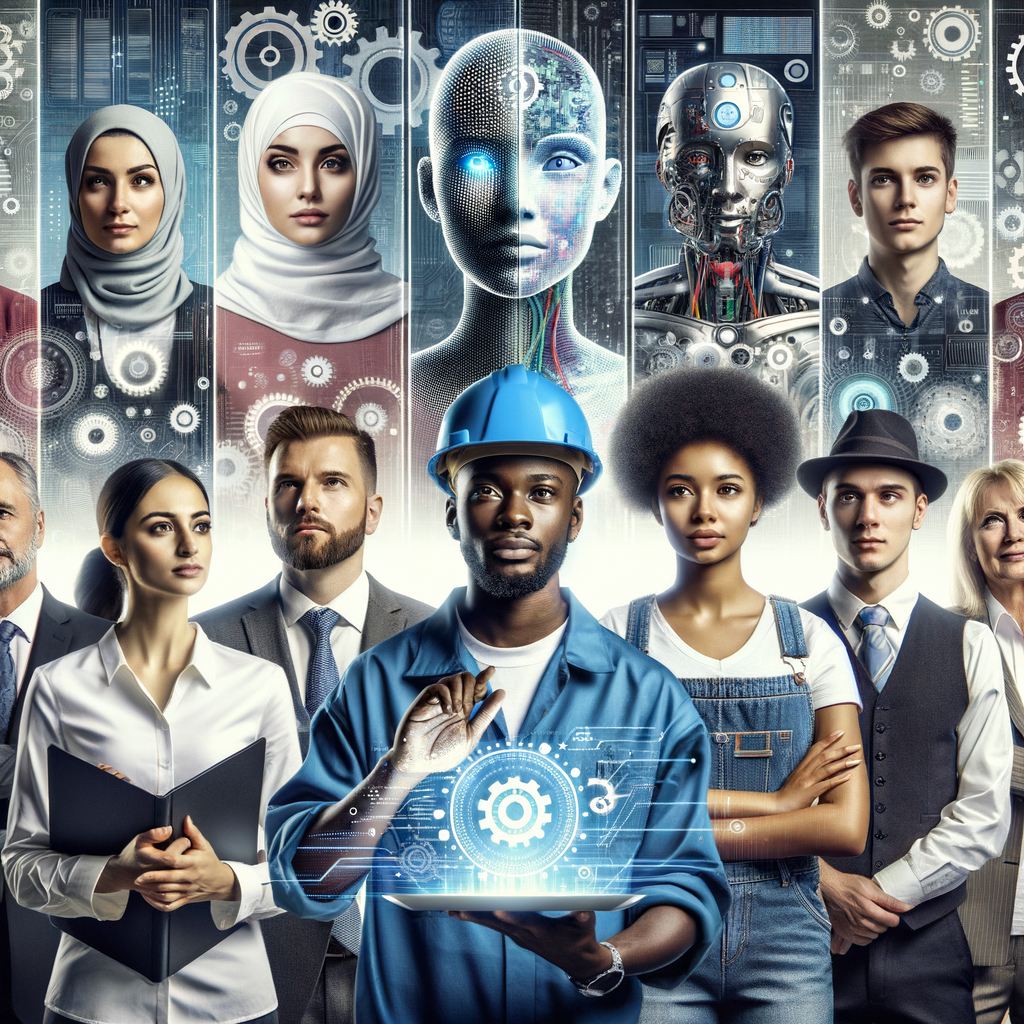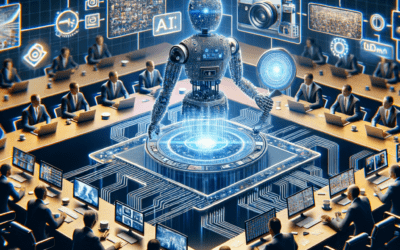Paul’s Perspective:
Understanding public sentiment on automation is crucial for businesses and policymakers. This article offers a nuanced view of the American populace’s attitudes that can inform strategic decisions around the integration of automation in various sectors.
Key Points in Article:
- The article details a survey revealing mixed feelings among Americans about automation’s impact.
- It discusses the potential job displacement versus the benefits of increased efficiency and productivity.
- Statistics show varying views based on education, income levels, and industry sectors.
Strategic Actions:
- Survey the public’s attitude towards automation.
- Analyze the impact of automation on employment.
- Examine demographic trends in opinions about AI and automation.
Dive deeper > Full Story:
The Bottom Line:
- This article examines the public sentiment towards the increase in automation and its potential effects on the workforce.
- It captures the concerns and optimism of Americans as they face a future with a stronger AI presence.
Ready to Explore More?
As the landscape of automation evolves, our team is prepared to guide you in leveraging these insights to position your business effectively. We’re here to navigate the opportunities and challenges automation presents together.





